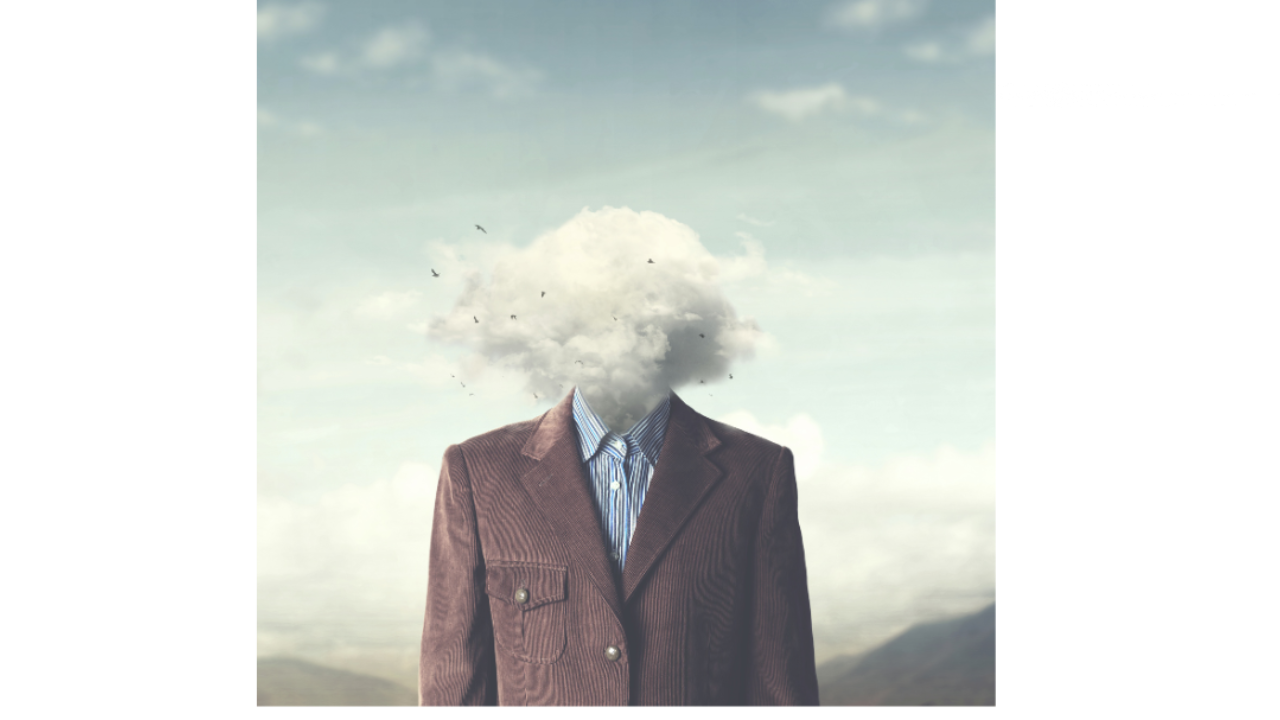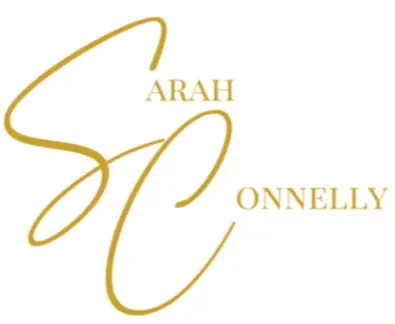The Stress Loop And Getting Out Of It
Oct 26, 2025
Dear Friends,
You handle everything all day — clients, deadlines, family, decisions.
Then evening hits, and despite your determination not to drink, willpower vanishes, and your hand reaches for a glass of wine almost on autopilot.
Before you know it, you’re pouring another glass, as the pressures of the day melt away.
The next morning, weary and disappointed, you tell yourself you don’t want to stop drinking, you just wish you could stop at one. Tonight, you’ll just have one.
The High-Achiever/Perfectionist Brain
How can someone who prides themselves on discipline, focus, and achievement find it so hard to control how much alcohol they consume?
It’s because your brain — your beautifully efficient, overstimulated brain — is doing its job.
Alcohol works on the same systems that you use to cope with pressure. It taps directly into the body’s stress-relief circuitry, offering a quick biochemical exhale. But what begins as a shortcut for calm becomes a self-reinforcing stress loop.
What’s really happening here?
The Stress–Relief–Regret Cycle (and Why It Feels So Hard to Break)
When you experience pressure, your sympathetic nervous system — the body’s accelerator — fires up. Your heart rate rises, cortisol spikes, and muscles tense.
In small doses, this all helps you perform. But when that system stays switched “on” all day, the body starts craving its natural counterpart: parasympathetic recovery — rest, digestion, release.
The reason you "need" the wine at the end of the day is because alcohol mimics that state very effectively. It slows neural activity, relaxes the muscles, and produces a wave of dopamine and GABA that whispers: you can finally relax, you deserve it.
And you do deserve a break. We’re not designed to be perpetually functioning in a stressed state.
The problem is that this is not a natural state, it’s a borrowed exhale.
As the alcohol wears off, the brain rebounds — cortisol surges, dopamine drops, and anxiety returns. You may even wake up at 3 a.m. with your heart racing, promising yourself: never again.
However, another stressful day begins, fuelled by elevated cortisol, disappointment and frustration, and the next evening you find yourself heading back to the bottle.
drink → relief → stress → regret → stress → repeat.
Neuroscience describes this as a reward prediction loop: the brain learns that drinking equals immediate relief.
Over time, it begins firing dopamine not when you drink, but when you think about drinking. This is why it can feel so hard not to act, you’re fighting chemical responses in your brain, which, once in action are extremely hard to override.
Your Nervous System Is Not the Enemy
The autonomic nervous system runs two opposing programs: the sympathetic (fight/flight) and the parasympathetic (rest/restore) branches.
The sympathetic system prepares you to defend and achieve.
The parasympathetic system helps you digest, repair, and recover.
High achievers tend to over-develop the first and neglect the second. They live in perpetual “go” mode — deadlines, expectations, and the inner critic shouting more, faster, better.
Alcohol offers a counterfeit version of parasympathetic calm. But unlike breathwork, walking, or simply slowing down and resting, it hijacks your biology rather than balancing it.
The brain forgets how to down-regulate naturally; it simply learns that alcohol activates the ‘off’ switch.
Regular use of this false friend blunts your body’s natural calming pathways, leaving you more anxious without alcohol — and more dependent on it.
How to Interrupt the Loop
Breaking the stress loop requires some effort and isn’t about removing alcohol alone; it’s about retraining your nervous system.
Here’s how:
When you wake up take time to set yourself up for the day. Starting the day in a rushed, stressed state sets you up for even more dysregulation during the day.
Go outside and get some early morning rays.
Take a moment before you start work to breath and find a sense of calm
Catch triggers early.
Notice how you feel at various times during the day, use a 90-minute alarm to remind yourself to check in. When you notice tension, stop what you’re doing and reset.
Go for a 5-minute walk
Call a friend
Have a healthy snack
Look out of the window.
Do this mindfully until you feel your system start to settle.
Breathe into the body.
Long, slow exhales (especially through the nose) activate the vagus nerve — the highway of your parasympathetic system. Two minutes of this can create the same calming chemistry alcohol mimics.
Reframe the story.
When your mind says “I need a drink,” translate it as: “My system is asking for a calm, safe state.” This subtle language shift removes shame and provides new context from which to respond to consciously.
Replace, don’t restrict.
Experiment with alternatives that stimulate GABA and dopamine naturally: magnesium glycinate, L-theanine tea, cold showers, movement, or meaningful connection.
Celebrate micro-calm
Your brain learns through repetition. Every time you choose a non-alcoholic form of regulation, you’re rewiring neural pathways for resilience. Take time to celebrate new choices and you will begin the process of building new neuro-associations.
From “Alcohol = stress relief” to “Alcohol = stress”
From “Not drinking = stress” to “Not drinking = stress relief”
Beyond Stress Relief
True power isn’t about control — it’s about your capacity to hold pressure without collapsing or numbing.
The more you practice stress relief tools the more resilient you become and the greater capacity you develop to deal with inevitable life challenges. Furthermore, you recognise that much of your stress was caused by the cycle of drinking.
When you stop avoiding life’s intensity by numbing it out you gain valuable insights into what is helpful stress, and what is alcohol induced anxiety and chemical imbalance.
This shift doesn’t just change your evenings; it changes your leadership, your relationships, and your sense of self. You begin operating from clarity, not reactivity. From presence, not depletion.
And that’s when the “stress loop” transforms into something new — a growth loop:
Awareness → Regulation → Confidence → Energy → Repeat.
The Invitation
If this resonates, it’s because you already sense that your relationship with alcohol isn’t about indulgence — it’s about relief. But relief isn’t the same as peace.
Peace doesn’t come from what you pour; it comes from what you practice.
The next time that familiar thought arises — I just need to take the edge off — pause.
Your brain isn’t asking for wine.
It’s asking for rest, oxygen, and space to reset.
The more often you meet that need directly, the less power alcohol holds.
That’s not willpower — that’s neuro-retraining.
And it’s the path to the kind of calm that doesn’t wear off when the bottle’s empty.
Here’s to practicing tools that work long term,
Sarah Connelly



